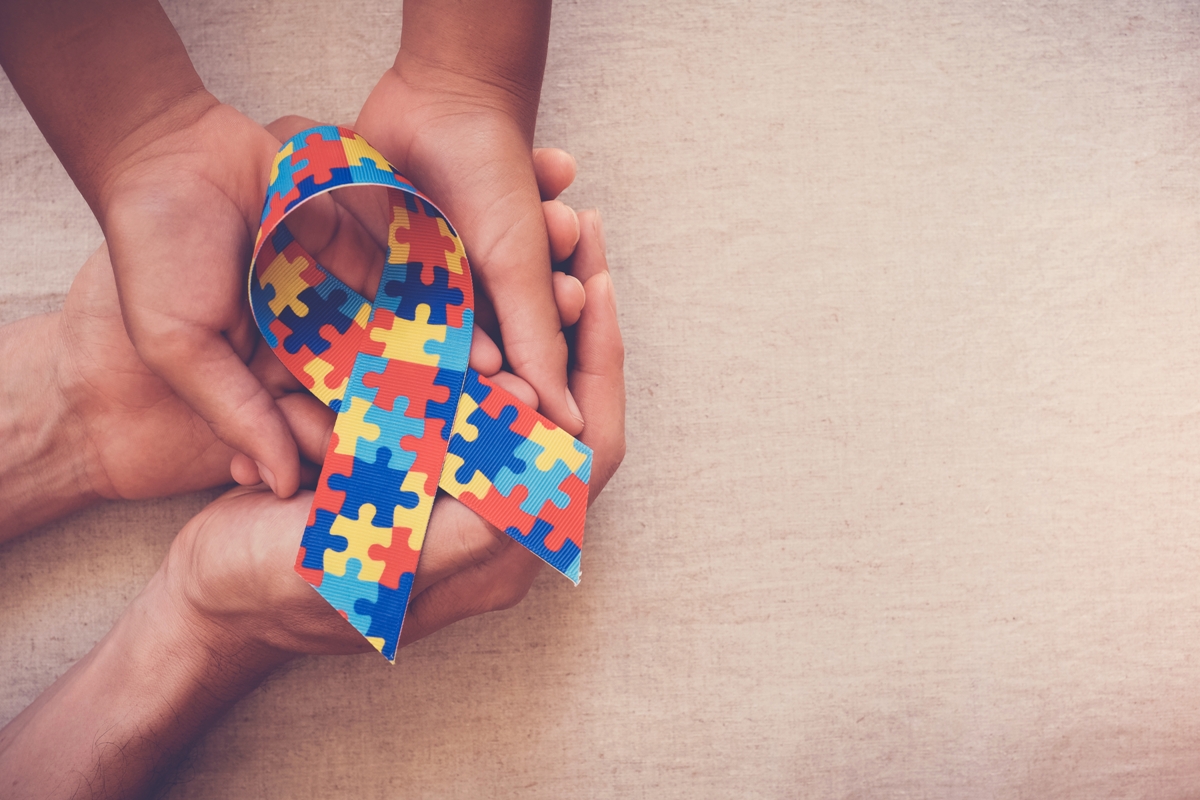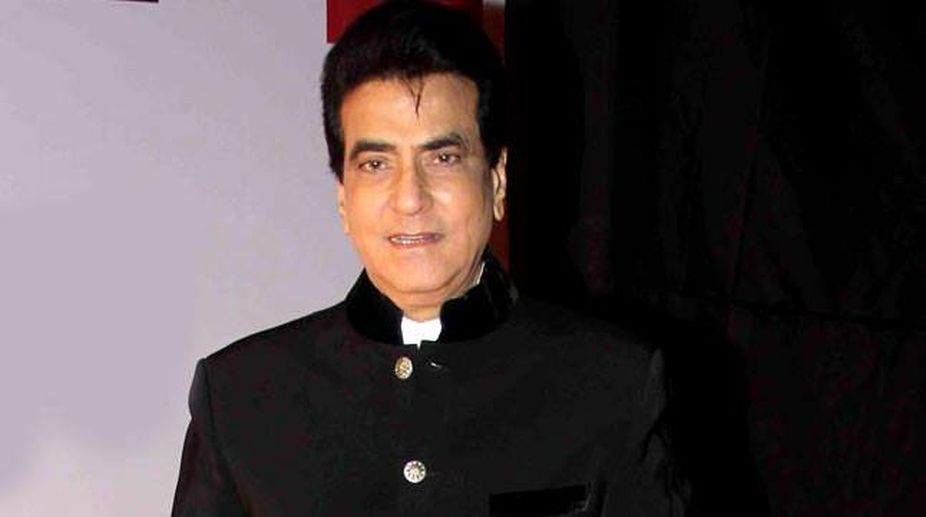The COVID-19 pandemic has exposed and heightened glaring inequalities around the world. Persons with autism have long faced many of these discriminations, which have only been further exacerbated by the pandemic.
What is Autism?
Autism is also known as Autism Spectrum Disorder (ASD), that is a lifelong neurological disorder or a range of complex neurodevelopment disorders that manifests during early childhood, irrespective of gender, race or socioeconomic status.
The term Autism spectrum means a range of characteristics.
It is characterised by:
- Social impairments
- Communication difficulties
- Restricted and repetitive and stereotyped pattern of behaviour
- Difficulty with changes in routine.
- Intense and prolonged emotional reactions
- Great ability in one area and great difficulty in another
In other words, we can say that Autism is a disorder of the brain, that affects the ability of a person to communicate with others. It basically begins in childhood and lasts through adulthood.
Types of Autism Spectrum Disorder
- Autistic Disorder: Also known as classic autism, is the most general form of autism. People suffering from this disorder usually face difficulty in language interruption, social and communication challenges, unusual behaviours, and interests. Several people with this disorder may also have an intellectual disability.
- Asperger Syndrome: Mild symptoms of autistic disorder. They might face social challenges, unusual behaviour, and interests. Therefore, we can say that people with Asperger Syndrome do not have problems with language or intellectual disability.
- Pervasive Development Disorder: Not Otherwise Specified (PDD-NOS) – It is also known as typical autism. People who do not meet the criteria of autistic disorder or Asperger syndrome, but not all, maybe diagnosed with PDD-NOS. People who suffer from PDD-NOS have milder or fewer symptoms of autistic disorder. The symptoms may cause only social and communication challenges.
How has the corona virus impacted people with Autism?
The COVID-19 pandemic has exposed and heightened glaring inequalities around the world, especially when it comes to income and wealth distribution, access to health care, protection under the law, and political inclusion.
Persons with autism have long faced many of these inequalities, which have only been further exacerbated by the pandemic.
It’s a problem made worse by long recognized discriminatory hiring practices and workplace environments that present major obstacles for persons with autism; all of which contribute to the unemployment or severe underemployment of a large majority of adults on the autism spectrum.
Some employers have recently launched which accommodate people with diagnoses of autism and related conditions, such as ADHD, OCD, etc., often referred to as “neurodivergent” persons.
Based on the experience gained from these programmes and motivated by the desire to both be socially responsible and to gain a competitive advantage by benefitting from the skills and abilities of a more diverse talent pool, an increasing number of employers are now creating models to make the workplace and hiring practices more inclusive generally.
The pandemic has undoubtedly impacted the efforts of companies to implement these new models. Additionally, the world economy is undergoing the worst economic recession since the great depression, with the loss of hundreds of millions of jobs.
At the same time, new ways of working, including remote working and the use of new technologies, have created opportunities for employees on the autism spectrum that previously found it difficult to thrive in traditional workplace environments.
Despite enormous challenges that we are facing as a global community, the breakthroughs are equally massive. Our world is transforming in a manner we could never have predicted, leave alone, imagined.
The 2021 World Autism Awareness Day observance at the UN — will address these issues through a virtual event that will include moderated panel discussions with individuals on the autism spectrum who have themselves experienced the challenges and seen these new opportunities in the employment market.
If you are a senior who can contribute towards employment of an autistic young adult, you may be interested in the global webinar to be held on the ocassion of World Autism Awareness Day
Inclusion in the Workplace:
Challenges and Opportunities in a Post-Pandemic World



